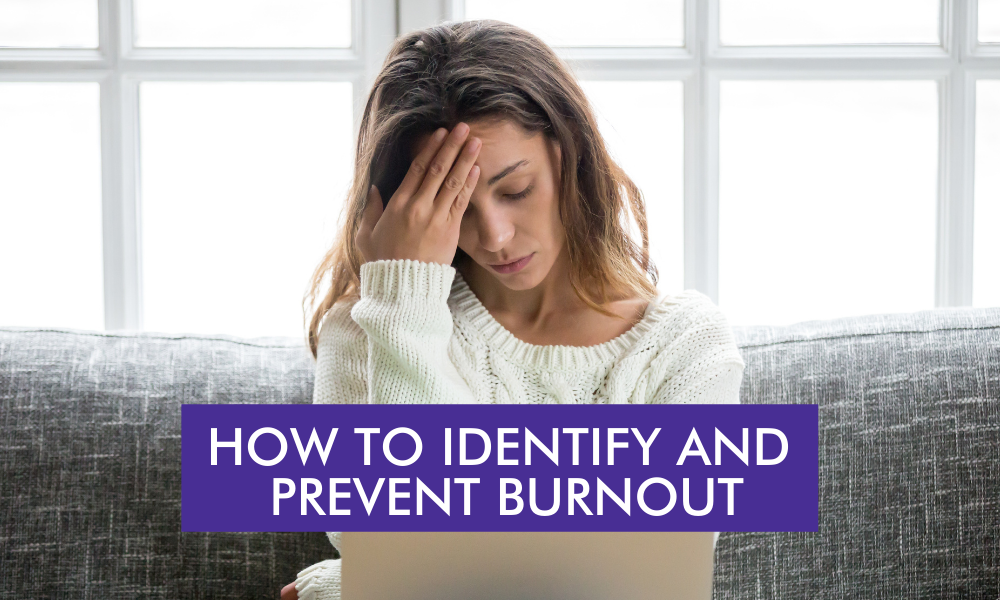
With excessive screen time and lack of quality me-time, the number of women suffering from burnout has sky-rocketed during the global pandemic.
At Avalon, we believe that by learning the ins and outs of burn out, you regain some sense of normalcy during this truly abnormal time. By staying aware and on top of everything you need to know about burnout, you can work toward a more balanced mind, body, spirit, and in-turn, life.
What is burnout?
Burnout is a state of emotional, physical, and mental exhaustion caused by excessive and prolonged stress. It occurs when you feel overwhelmed, emotionally drained, and unable to meet constant demands.
While burnout can be experienced in multiple facets of our lives, when it strikes, it often presents the same way. It feels like we are unable to give any more of ourselves and we are drained mentally, physically and spiritually.
Burnout vs. Depression
Burnout and depression both share common feelings of being overwhelmed. However, it’s important not to get the two confused. Although depression can present in many ways, the most typical is some form of chronic, excessive sadness. Burnout doesn’t necessarily have sadness as a component (although it’s possible) but is more often a feeling of lack of interest or motivation to do even pleasurable things.
Depression is often an overarching feeling of discontent with your life, burnout is often targeted to one or two key areas. Depression also makes it difficult to enjoy aspects of life that used to bring you joy. Burnout is more about having difficulty finding joy in a specific aspect of your life that you are feeling burned out in.
Symptoms of burnout So, are you burnt out? To find out, ask yourself if you’ve been feeling any of the below emotions.
- Deep fatigue
- Irritability
- Anxiety
- Avoidance/isolation
- Overwhelm
- Lack of motivation
- Lack of inspiration
- Loss of purpose
- More pessimistic/cynical
- Difficulty sleeping
- Difficulty focusing
- Feeling stagnant
- Feeling like you’re on autopilot
- Easy tasks seem more daunting
The most common causes of burnout
Behind every thought, feeling and emotion there is a cause. Within burnout, three common causes come into play: a lack of control, a difficult environment, and a lack of balance. Once you recognize these scales and their effect on your life, you can move forward in a way that not only reverses burnout but prevents it.
How to combat burnout:
Burnout comes down to balance. Here are a few ways to even the scales of your life.
Get back to basics. Physical care is essential to managing yourself. Taking care of your physical self with proper nutrition and movement practices (and sleep) can help you better manage stress and negative emotions. Calm you mind with our morning meditation meetings.
Set boundaries. These can be in regards to how long you work each day, when your “me-time” kicks in as a parent (implementing bedtimes can help), and more.
Delegate tasks. Repeat after me: I do not have to do it all. While it may feel like the weight of the world is on your shoulders, know that it’s okay to delegate tasks, work or otherwise, to other people.
Regularly check in with yourself. What do you need? How are you feeling? Are you taking care of yourself? Are you setting needed boundaries? Do you need a break?
Seek support. Finding community with safe people in your life can help provide necessary support and refuge. Join like-minded women at our warm and welcoming recovery meetings.
